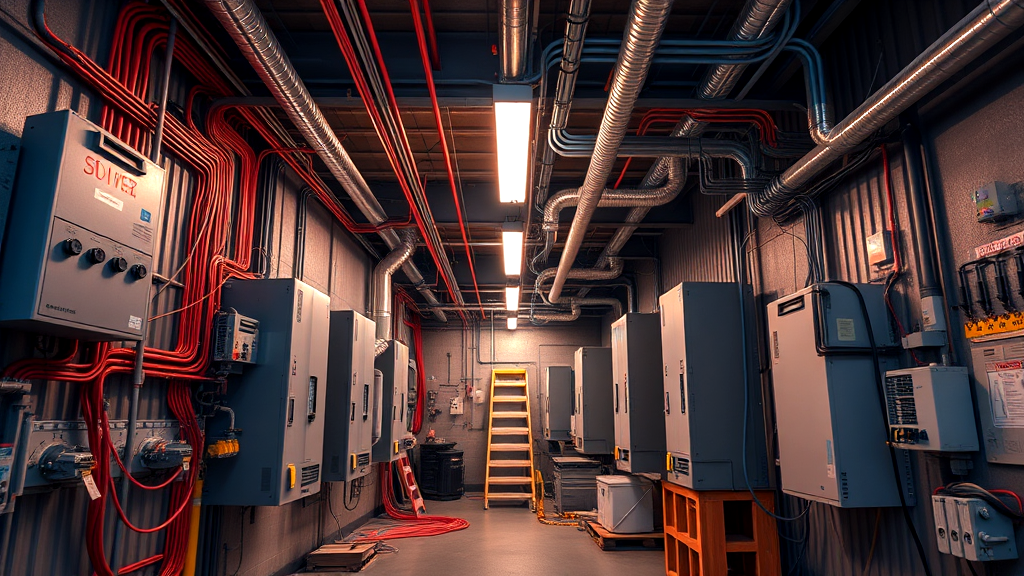Understanding the Costs of Hiring a Commercial Electrician: What to Expect Per Square Foot
Navigating the complexities of hiring a commercial electrician can be daunting, especially when you're trying to budget for a new project. Whether you're setting up in a commercial building or launching a new storefront, understanding the standard cost metrics can help you make informed decisions. In this post, we will break down the costs associated with hiring a commercial electrician, offering insights into what you should expect to pay per square foot and how to ensure you're getting quality service at a fair price.
The Importance of Quality Electrical Work
When it comes to commercial properties, the stakes are higher compared to residential buildings. The scale of operations, the types of equipment, and safety requirements necessitate specialized electrical work. Cutting corners can lead to inadequate systems that may increase the risk of downtime, safety hazards, and costly repairs down the line. Investing in quality electrical services ensures long-term reliability, safety, and compliance with stringent industry standards.
Breaking Down the Costs
The typical pricing model for commercial electrical work often revolves around the metric of cost per square foot. The industry standard pricing range for electrical wiring in commercial spaces is generally between $6 to $8 per square foot. However, this range can be influenced by several factors, including the type of building, the contractor, the condition of existing infrastructure, and the complexity of the project. Understanding these variables can help you anticipate costs better and plan your budget accordingly.
Beyond Basic Wiring
Beyond basic wiring, there are additional considerations that can impact the overall pricing. Elements such as lighting systems, safety installations like fire alarms and emergency systems, and advanced technological setups can add to the cost. It's crucial to have transparency in quotes and contracts to avoid unexpected expenses. Ensure that all potential costs are discussed upfront to facilitate the smooth execution of your project without financial surprises.
Hiring the Right Commercial Electrician
Choosing the right commercial electrician is pivotal. Evaluate potential contractors based on their experience, references, and certifications. Comprehensive quotes that include labor, materials, and potential additional costs are essential. This will provide clarity and help you compare offerings from different service providers effectively.
Conclusion
Understanding the cost metrics associated with hiring a commercial electrician is vital in making strategic financial decisions for your project. By proactively engaging with potential electricians, you can ensure a fair price while securing quality service that meets your needs.
If you need more personalized advice for your upcoming commercial projects, feel free to reach out for a consultation. Our experts are here to guide you through every step of the process, ensuring your project is successful and cost-effective.




